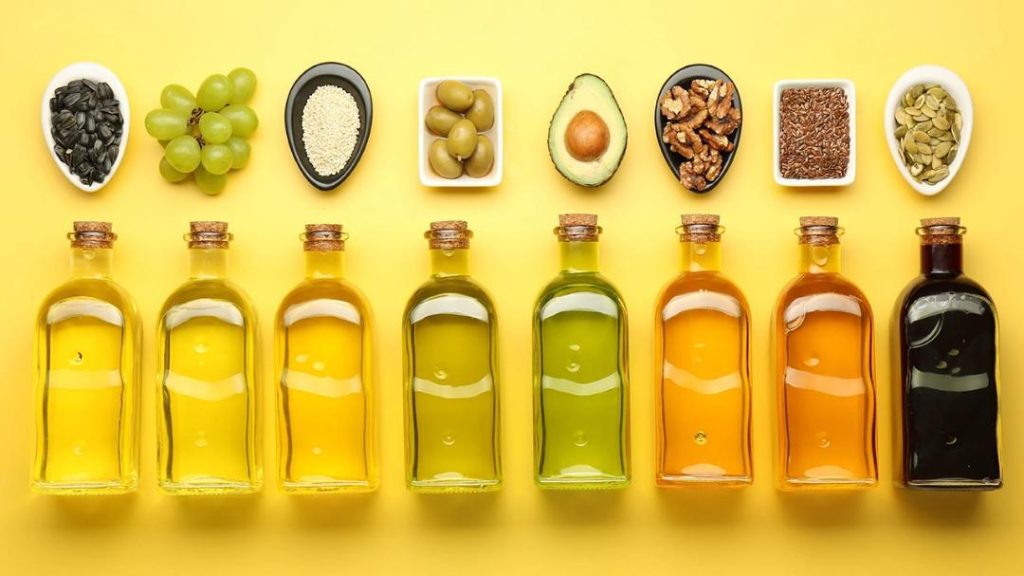
What do experts say about health hazards & benefits of seed oils?
In recent years, seed oils have become a topic of controversy in the health and nutrition community. Critics claim that these oils, which are rich in unsaturated fatty acids, contain a toxic byproduct of hexane, a chemical considered hazardous in gaseous form. However, experts in the field of food science have come forward to debunk these myths and reveal the science behind the benefits and risks of seed oils.
Seed oils are extracted from seeds such as sunflower, safflower, canola, and flaxseed, among others. They are often used as a healthier alternative to traditional vegetable oils, as they are lower in saturated fats and higher in omega-3 and omega-6 fatty acids. However, some critics argue that the use of hexane in the extraction process makes seed oils a health hazard.
Hexane is a solvent that is commonly used to extract oil from seeds. While it is considered hazardous in gaseous form, experts argue that the residue of hexane in seed oil is not dangerous. “The levels of hexane in seed oils are extremely low and well within the safety limits set by regulatory agencies,” said Eric Decker, a professor of food science at the University of Massachusetts.
Decker’s statement is backed by research. A study published in the Journal of Food Science found that the levels of hexane in seed oils were below the detection limit of 0.5 parts per million (ppm). The study also found that the levels of hexane in seed oils did not increase acute or chronic inflammation markers in the body.
Another expert, Dr. John K. Clark, a professor of food science at Ohio University, agrees with Decker. “Seed oils do not increase acute or chronic inflammation markers,” Clark said. “In fact, studies have shown that seed oils can actually help to reduce inflammation and improve cardiovascular health.”
So, what are the benefits of seed oils? For one, they are a rich source of omega-3 and omega-6 fatty acids, which are essential for heart health and brain function. Seed oils are also low in saturated fats, making them a healthier alternative to traditional vegetable oils.
Another benefit of seed oils is their high smoke point. The smoke point is the temperature at which an oil begins to break down and smoke. Seed oils have a high smoke point, making them ideal for high-heat cooking methods such as frying and sautéing.
Seed oils are also versatile and can be used in a variety of dishes. They can be used as a finishing oil to add flavor and nutrition to dishes, or as a cooking oil to sauté vegetables and meats.
Despite the benefits of seed oils, some critics argue that they may not be suitable for everyone. For example, people with certain allergies or intolerances may need to avoid seed oils. Additionally, seed oils may not be suitable for those who are following a strict paleo or keto diet.
In conclusion, while seed oils may have some drawbacks, the experts agree that they are a healthy and nutritious addition to a balanced diet. The residue of hexane in seed oils is not dangerous, and the oils have been shown to reduce inflammation and improve cardiovascular health.
Sources:






